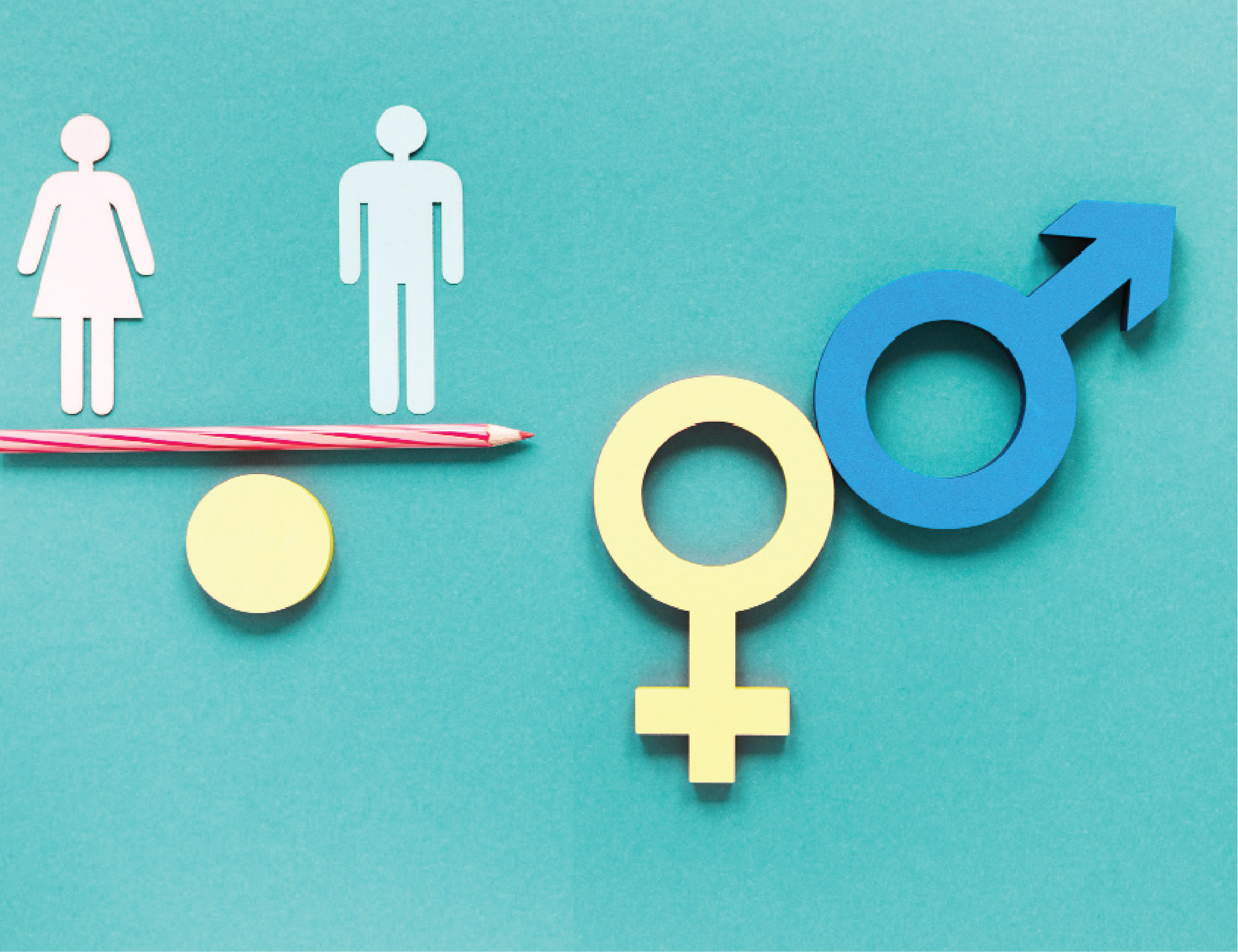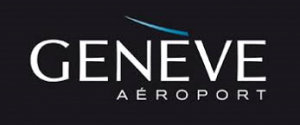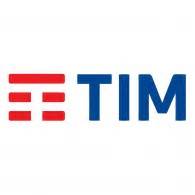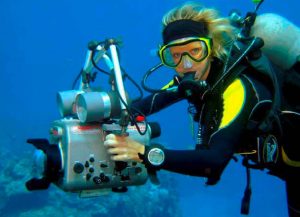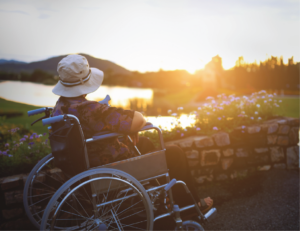Case Study
Gender equality, accredited certification helps companies fill the gaps
Summary
The gender issue is one of the main challenges for the sustainable development of Italy.
For years, the empowerment of women has seen growing interest from citizens, businesses and institutions. The commendable process of involving technical standardization and accredited certification, begun with the National Recovery and Resilience Plan (NRRP), is a demonstration of this increased interest. Mission 5 of the NRRP addresses the issue of female employment, introducing the concept of gender equality certification.
Businesses have a leading role in supporting gender equality and, with the help of accreditation, they can fill the gender gap that afflicts the job market.
Background
There are many dimensions with which to represent the positioning of women in the economic and social framework of Italy, but, as a central dimension and given its inclusive function, work is the best key to understanding the status of women.
Over the last 45 years, the female employment rate in Italy has risen by just 17 percent, i.e. from 33% to 50%. Therefore, it is necessary to design new social policies that can allow the inclusion and active participation of women in the workplace.
Certification for gender equality was formally established with law 162/2021. The definition of the minimum requirements, and the related verification methods, were left to a subsequent decree.
To this end, prompted by the Department for Equal Opportunities, the Reference Practice UNI/PdR 125/2022 was developed within a working group at UNI, the Italian standardization body. Accredia, the national accreditation body of Italy, also participated.
Strategy
Gender equality certification is issued on a voluntary basis (in fact, companies request it), in compliance with UNI/PdR 125/2022, by bodies accredited by Accredia according to the UNI CEI EN ISO/IEC 17021-1 standard.
Like all certifications, the PdR involves an assessment process that encompasses the entire company, incorporating evaluation, measurement and reporting parameters. The specific key performance indicators (KPIs) relate to six crucial evaluation areas in defining the degree of inclusiveness and gender equality. These are:
• culture and strategy
• governance
• Human Resources processes
• opportunities for growth and inclusion of women in the company
• remuneration equity by gender
• protection of parenthood and work-life balance
To facilitate the achievement of certification by micro-, small- and medium-sized enterprises, the Department for Equal Opportunities has provided specific contributions (for a value of 10 million euros, from NRRP funds).
Results and impact
Numerous studies have shown how diversity and inclusion in the workplace can contribute to innovation, and bring economic benefits to companies.
Since the publication of the Reference Practice UNI/PdR 125, in March 2022, there has been considerable interest from citizens, businesses and institutions. The company sites that have obtained accredited certification have grown rapidly, reaching over 3,100 units as of September 2023. The number of bodies seeking Accredia accreditation according to the UNI CEI EN ISO/IEC 17021-1 standard to issue this certification has also grown.
Numbers are destined to rise further, following the publication on 6 November 2023 of the public notice for micro-, small- and medium-sized enterprises, for grants of up to 12,500 euros per company. These grants are for technical assistance and support services, provided in the form of tutoring, and for gender equality certification services.
The precise objective of the measure is to support and incentivize companies to adopt adequate policies to reduce the gender gap. The goal is to facilitate, in line with the National Strategy for Gender Equality, an increase of five points by 2026 on the Gender Equality Index of the European Institute for Gender Equality (EIGE), which currently sees Italy in 13th place among EU countries.
Contact
Accredia – The Italian Accreditation Body
External Relations
comunicazione@accredia.it
